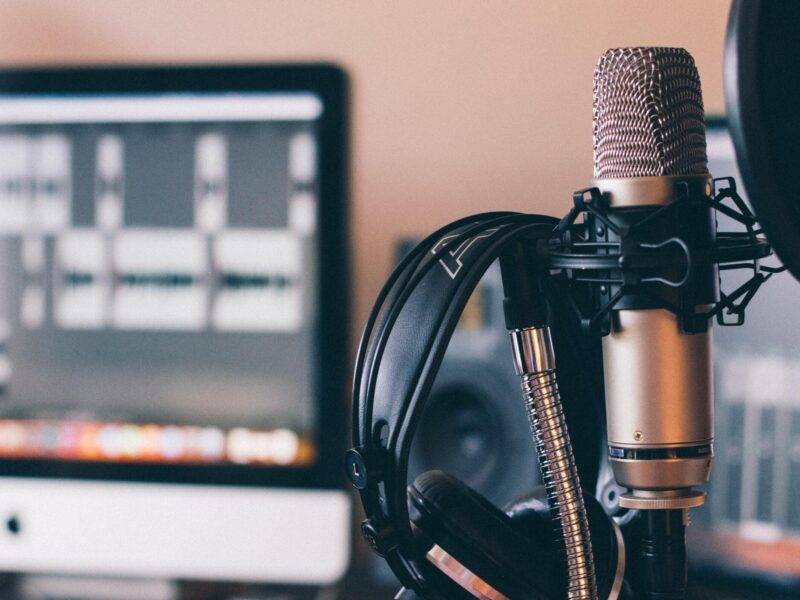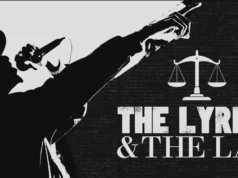Music distribution is paramount for independent and upcoming artists, as it can have far-reaching financial and artistic implications. One critical element of successful music distribution is the need to own your masters or the original recordings of an artist’s work. This term refers to retaining all rights over the use and distribution of your songs, thus allowing you to maintain full control of your musical career.
Unfortunately, there are many stories within the music industry of artists who lost control over their masters, with devastating results – financially and creatively. Therefore, this article aims to discuss why owning your master’s is so essential as a music artist.
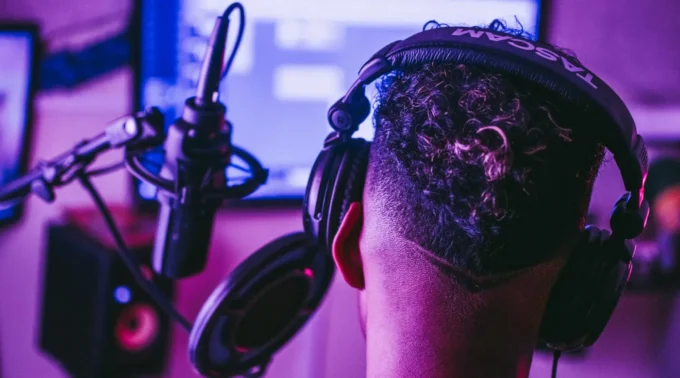
Owning your master is crucial for successful music distribution for independent and upcoming artists, as it can have long-term financial and artistic implications. Without the ownership of their original recordings, musicians and producers risk losing control over their own work. Unfortunately, many stories within the industry of artists have lost out due to not owning their master’s – both financially and creatively.
This article will discuss why having full control over your masters is so essential for aspiring musicians, outlining the potential consequences of not doing so and how to ensure this doesn’t happen. By understanding the importance of owning your master’s, you can protect your artistic integrity while creating a steady income flow from your musical career. Let us explore further why owning your masters is so important.
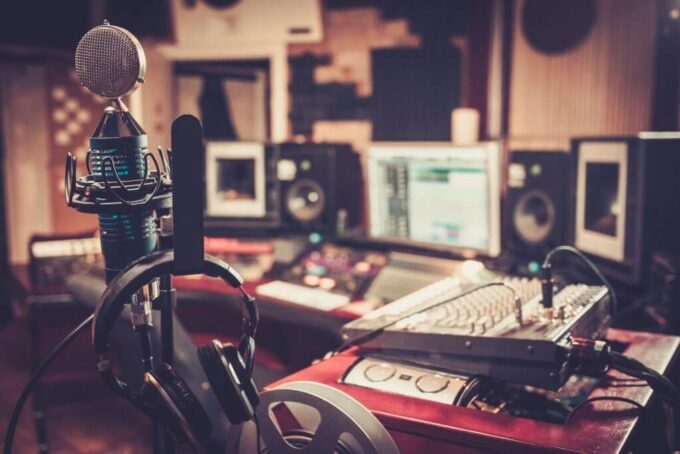
Creative Control
Owning your masters gives you creative control over your work. As the copyright owner, you have the exclusive right to decide where, when, and how your music will be used. This could range from streaming platforms to movies, commercials, and even video games.
What’s more, the artist can approve or disapprove remixes or samples of their work, ensuring that the original artistic intent is preserved. In contrast, artists who do not own their masters may have to watch as their creations are used in contexts they do not approve of, which can lead to a feeling of disconnection from their own work.
Revenue Generation

Owning your masters is not just about artistic control; it’s also a significant financial consideration. Artists who own their masters stand to earn considerably more from their music than those who do not. This is because every time a song is streamed, downloaded, or played on the radio, a royalty is paid to the owner of the masters.
Without masters ownership, these royalties go to whoever owns them, whether that’s the record label, the artist, or someone else entirely. As such, owning your masters can provide a consistent stream of income that extends far beyond the initial sales of the music.
Legacy Preservation
For many artists, their music is more than just a product – it is a piece of their personal legacy. Therefore, owning your masters allows for a greater ability to preserve and control this legacy.
If you don’t own your masters, your music could be sold or traded without your consent, possibly ending up in the hands of those who do not share your vision or respect for your work. By owning your masters, you ensure you have the final say in how your legacy is handled, both now and in the future.
Negotiation Leverage
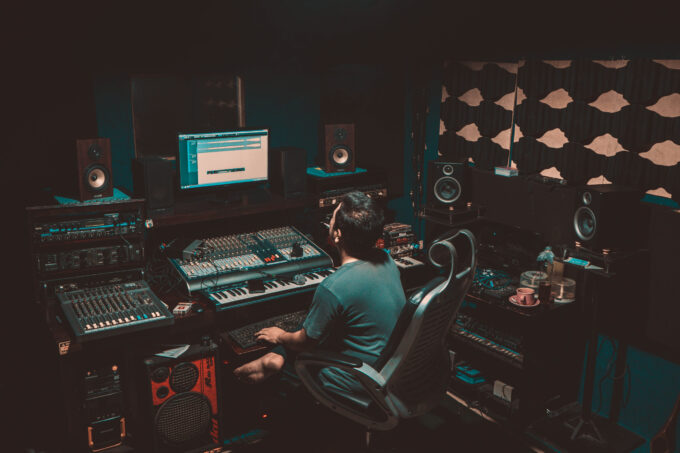
In an industry notorious for its power dynamics, owning your masters can provide considerable leverage when negotiating contracts and deals. With control over your music, you can negotiate from a position of strength. You are not at the mercy of a record label or a manager; instead, you have a tangible asset you can leverage.
This can lead to better contract terms, higher payouts, and more opportunities, as potential partners know that they must deal with you directly rather than going through a third party.
Independence and Freedom
Ownership of your masters often translates into greater freedom and independence as an artist. Without the obligations or pressures that come from contractual commitments with a record label, artists can have complete control over their creative process, release schedules, and career trajectory.
They can change their sound, collaborate with artists of their choice, and take breaks when necessary. This freedom can lead to more authentic and groundbreaking music, ultimately benefiting the artist’s career and the music industry as a whole.
Enhanced Artist-Fan Relationships

When artists own their masters, they can create direct-to-fan relationships without a third-party entity like a record label interfering. This means they can decide how, when, and where to release their music, empowering them to make decisions that best serve their fans.
For instance, artists might choose to offer exclusive content, early access to new releases, or special merchandise to their fans, fostering a closer relationship with them and ultimately strengthening their fan base.
Long-term Sustainability
Finally, owning your masters can contribute to an artist’s long-term sustainability. In an industry where relevance can be fleeting and income irregular, owning your masters can provide a consistent source of revenue. This can come from royalties, licensing fees, or other income streams related to the music.
Additionally, the rights to the masters can be passed down to heirs, providing a potential source of income for generations. This long-term security can free artists from the pressure of constantly producing new music and allow them to focus on creating quality over quantity.
Harnessing the Power of Ownership
In a musical landscape often characterized by shifting trends and volatile market conditions, the importance of owning your masters cannot be overstated.
As the music industry evolves, the value of master ownership only amplifies, underscoring the artist’s journey from creating a piece of music to making it a lasting legacy.
Tips for Artists
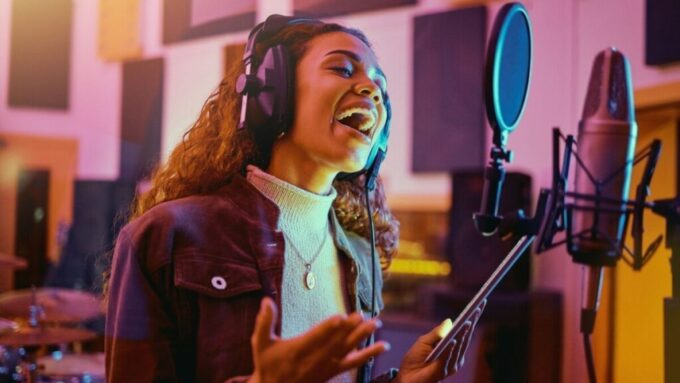
- Educate yourself on copyright and master ownership
- Negotiate a good deal from the start
- Don’t rush into any decisions
- Talk to other artists who have experience with masters ownership
- Consult an attorney before signing any contracts related to masters ownership
- Take advantage of direct-to-fan relationships when possible.
Owning your master is essential for music artists. It grants more creative control, provides greater revenue generation opportunities, and enhances fan relationships. While mastering ownership can be daunting at first, it’s worth the effort to ensure you have complete control over the use and distribution of your songs. By taking the steps to own your masters, you gain an invaluable asset that can help ensure the long-term success of your career.

